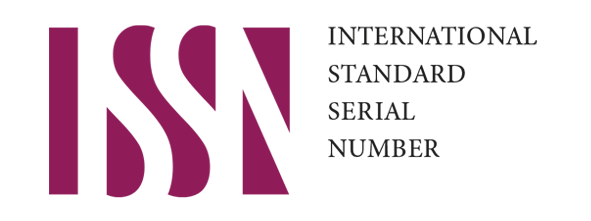Analysis of Social Interaction of Deaf Children in Special Schools
DOI:
https://doi.org/10.51178/jsr.v5i1.1760Keywords:
Social Interaction, Deaf ChildrenAbstract
Deaf is a term used to describe the symptoms and symptoms of someone who is hearing impaired or deaf. Deaf children interact through a variety of methods, including sign language, facial expressions, and body, as well as the use of hearing aid technology. They can also utilize visual communication approaches, peer support, and participation in group activities to strengthen social skills. Social interaction is a dynamic in which individuals or groups communicate, act, or influence each other in a particular environment or situation. Social interaction involves the exchange of information, emotions, ideas, or behaviors between individuals or groups. This research makes a valuable contribution to improving our understanding of the benefits of social interaction for deaf children in Special Schools, opening up opportunities for the development of more inclusive educational strategies and supporting their holistic development. This study aimed to analyze social interactions between deaf children. An observational approach and interview, this study explores the dynamics of communication, information exchange, and emotional understanding in interactions between both groups of children. Qualitative analysis methods are used to identify unique communication patterns and understand the challenges faced by deaf children in communicating. The subjects in this study were interviewing homeroom teachers and counseling teachers at the school, the number of subjects to be studied were children with deafness. The results highlight adaptation efforts and communication strategies developed by deaf children to interact. The results of these findings can provide valuable insights for educators, parents, and health practitioners in supporting the development of social skills of deaf children so that they can engage more effectively in society.
Downloads
Published
Issue
Section
License
Copyright (c) 2024 Education Achievement: Journal of Science and Research

This work is licensed under a Creative Commons Attribution-ShareAlike 4.0 International License.














